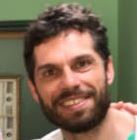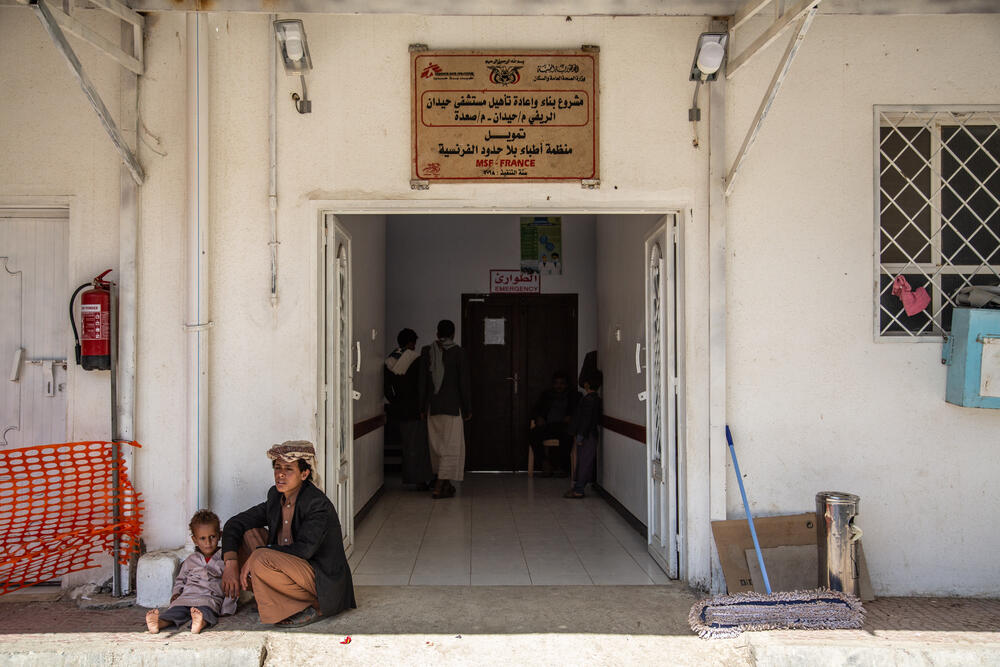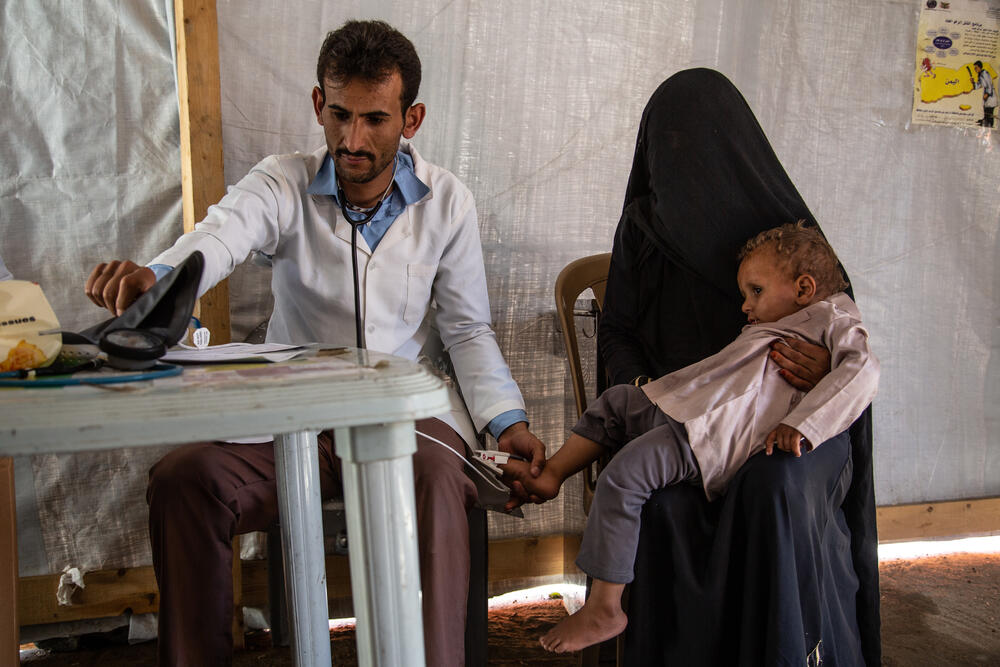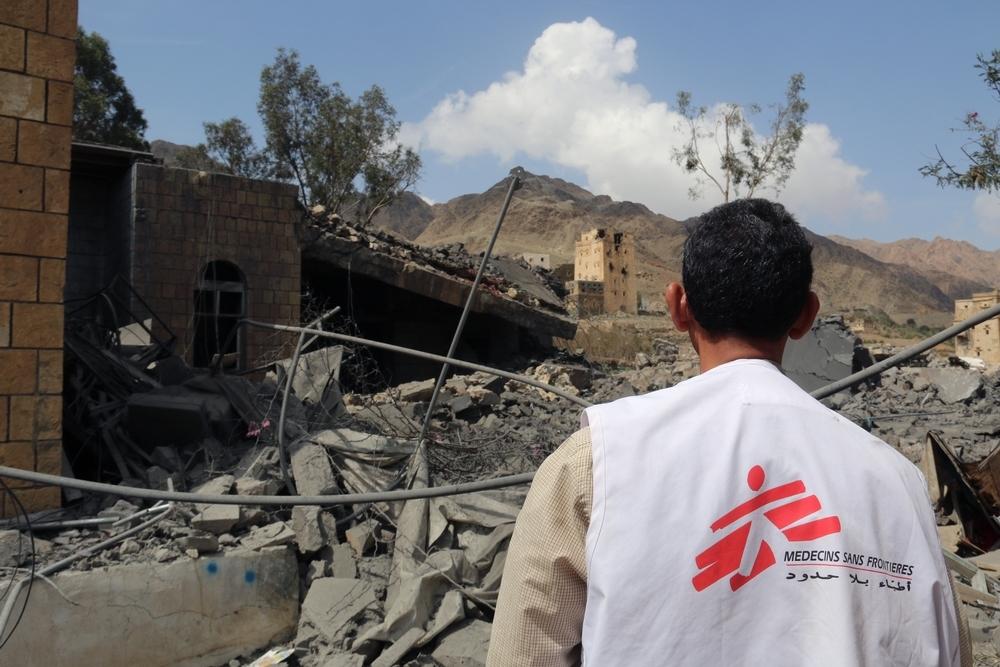Yemen: "We received six patients from the same family"
I returned from Haydan, in the north of Yemen, earlier this year. This was my third time working for Médecins Sans Frontières / Doctors Without Borders (MSF), having previously worked in Gaza and South Sudan.
The hospital I was working in was hit by an airstrike in 2015 then rebuilt by MSF a couple of years later. An operating theatre had just been refurbished and opened before I arrived.
It's quite a small hospital in a beautiful setting in the mountains. To be honest, apart from the patients that we received and some buildings that had been hit by airstrikes, you probably wouldn't know that there was a war going on much of the time. The frontline was about 30 minutes away from the hospital.
The work I was doing was a real mix. Some of it was trauma – people hit by airstrikes and some with gunshot wounds. I carried out quite a lot of obstetric operations, like Caesarean sections.
My work also included general surgery, such as abdominal operations and hernia repairs, and orthopaedics, such as open fractures.
Because I'm a vascular surgeon and trained in general surgery, I'm used to dealing with some fairly complex problems and life-threatening emergencies like major bleeding. What I find most challenging is when I’m working well outside of what I would normally do in the UK in my job.
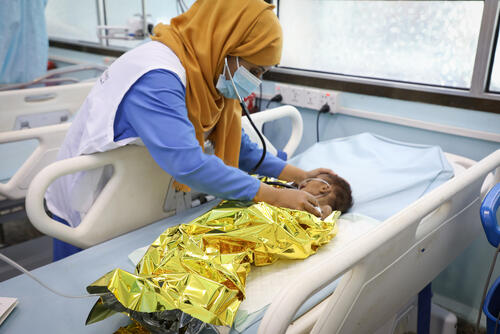
Help us save lives in Yemen
In the UK, surgeons are quite specialised and if you are working for MSF as the only surgeon in a hospital, then you have to deal with literally anything that comes through the door.
Six burn patients from the same family
I treated a lot of people for burns. It was winter when I was working in Haydan and unsafe heating devices are often used by families.
One day, we received six patients from the same family – two parents and four children. They arrived together because they'd been involved in an accident with an exploding gas canister they had used to warm themselves.
Treating burns is something that you do quite a lot working as a surgeon with MSF. Often, burns are a consequence of poverty, with people using unsafe heating methods and with children left unsupervised.
Treatment for burns involves debriding (cleaning) the wounds and dressing them. You usually do it under general anaesthetic because it's very, very painful, and it needs to be done every 48 hours. The patient might need resuscitation with lots of fluid as well.
So, it's quite time-consuming. We had six patients, meaning six operations every second day. For burns that are less serious, they will often heal by themselves with the dressing changes. But the burns that are deeper, you need to remove the dead tissue and you need to do skin grafts.
That is something that just wouldn’t have been available to this family if they hadn’t made it to our hospital.
A mother in crisis
Another patient that will stay with me was a woman suffering from post-partum haemorrhage. I was called in to treat her in the early hours of Christmas Day.
She had a placental abruption, which is where the placenta separates from the uterus before the baby is born. Sadly, the baby died.
She then had a major haemorrhage which didn’t stop with the usual measures. There was a good chance she would need a hysterectomy (removal of the uterus) to control the bleeding.
In the UK, an obstetrician would use a device called a ‘Bakri balloon’. This is a silicone balloon that is inserted into the uterus and inflated with sterile saline to compress the lining of the uterus and stop the bleeding.
But we didn’t have a Bakri balloon in the hospital, so we had to improvise. We used a technique I’d learned on a course where you use a condom and a Foley catheter – a catheter that is usually inserted into the bladder.
Working with the rest of the surgical team, I placed the catheter inside the condom, tied the condom around the catheter and inserted it into the uterus. I then used the catheter to inflate the condom with saline inside the uterus, making it expand and fill the space.
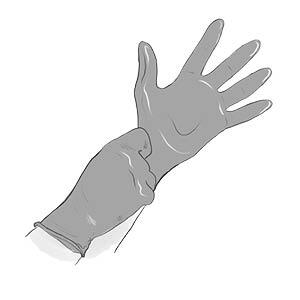
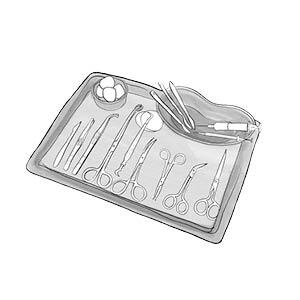
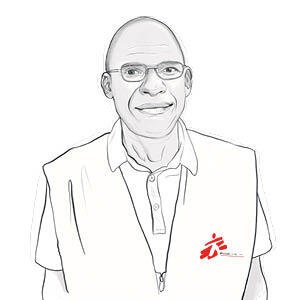
The woman had a very low blood count so a major operation would have been quite risky. This improvised balloon managed to stop the bleeding, avoiding a hysterectomy, which meant this woman would be able to have children in the future.
Unfortunately, probably due to the loss of blood and having very low blood pressure, she developed kidney failure.
We had developed a small intensive therapy unit of three beds in the hospital, where the woman was moved for further monitoring and where we could provide a bit more support.
Together with the anaesthetist, we carefully managed the woman. Her kidney function eventually recovered without her needing dialysis and she was discharged home a few days after I had left Yemen at the end of my assignment.
Donate to MSF's work in Yemen
Women and children are among those hit hardest by Yemen’s violent conflict. The healthcare system has collapsed, and without access to basic medical care, lives are being lost.
Our emergency medical teams are in Yemen right now, working to get care to the people most in need.

